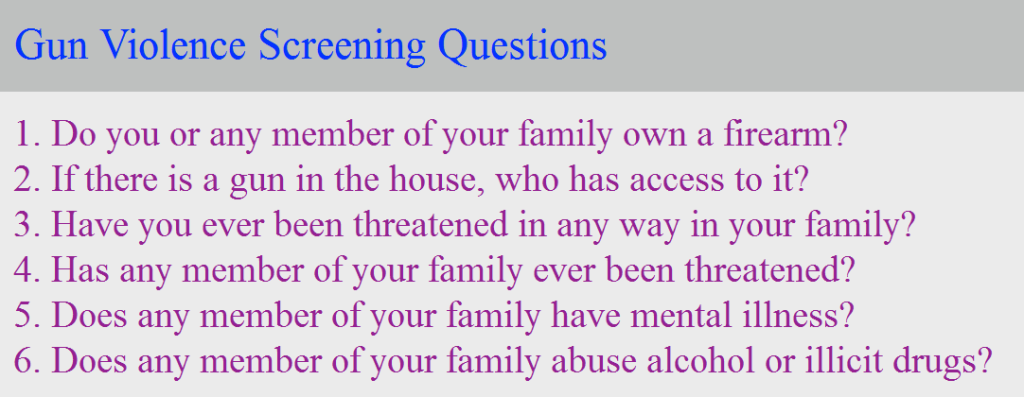
Yep, you read that right. Sometimes it’s the doctor’s fault. We’re not perfect. Sometimes we’re in a hurry to get to the next patient, and we go too fast during an exam. Sometimes we don’t remember everything from a patient’s medical history. Sometimes we’re just having a really bad day and we’re less pleasant than we should be.
And sometimes, the doctor is actively sabotaging the patient’s medical care.
As a patient, you have a right to adequate healthcare from the people you are entrusting with your life. If the doctor is not respecting the patient-doctor relationship, you have a right to demand change – and to take action if that does not happen.
Today we’re going to discuss when the doctor is at fault. We’ll look at some of the most common failings in bedside manner that can sabotage the patient-doctor relationship, as well as what you, as a patient, can do to exercise your rights to receive proper care.
When your Doctor Doesn’t Know the Meaning of “Bedside Manner”
Rudeness, aggressive behavior, argumentativeness. You know that if you behave this way, you’re going to receive less-than-stellar care from your doctor. But what if they’re the one treating you poorly? The fact is they have no right to do so, and you have a right to demand the same respect from your doctor than you give them.
The problem is that patients often feel powerless against their doctors. This is a serious concern when people entrust medical professionals with their health and welfare. It is an easy trap to fall into. Patients need their doctors to help them make sense of scary, often life-threatening situations. But this is no excuse for a doctor treating you poorly!
Your doctor can be firm with you. They can tell you bluntly when you are hurting yourself by skipping antibiotics or eating poorly. But if they resort to rude behavior, shouting, insults, or other aggressive practices, you should consider filing a complaint to the facility or office manager.
Most importantly, you should consider finding another physician, someone who respects you. (You’ll probably notice this piece of advice come up again and again in this article)
Always Running Late
This is a tough one. Your doctor is, to a large degree, at the whim of his or her schedule. If previous patients arrived late, or if their treatment necessarily took extra time, your doctor is going to run late, and there’s very little they can do about it.
On the flipside, your time is valuable. You have a right to express when chronic lateness is an issue, and at the least to inquire about the reason for it. A doctor who is chronically late may be so poor at managing their own time that it makes sense for you to change physicians. The ability to manage time properly is an important skillset for a doctor to have, and if they lack it, you have a right to find someone who will not waste too much of your time.
Sexual Harassment and Drug/Alcohol Abuse
There is little worse than being betrayed by the person entrusted with your health and welfare, but some doctors do just that. Sexual harassment by medical professionals is absolutely, 100% unforgivable. It is absolutely imperative that you terminate your relationship with a doctor who makes you feel uncomfortable or who makes sexual advances toward a patient.
Many people find it difficult to file a complain in the event of sexual harassment. It can be an intensely personal, embarrassing, and traumatic experience to prolong and relive through the process of reporting. However, if you can bring yourself to do so, filing a report can help prevent future episodes like what you have experienced. The choice is yours, but no matter what, do not let yourself feel preyed upon by someone you should be able to trust.
Drug and alcohol abuse is more common, but often harder to identify and address. Most of us know someone who has struggled with this problem, and we may have sympathy for them – but a medical professional, who is responsible for many lives besides their own, cannot be allowed to perform their job while intoxicated, high, or hung over. There is simply too much at stake.
If you ever come across a physician with alcohol or drug issues in a clinical setting, immediately report this to your nurse or insist on discussing this with a hospital administrator. Lives may be saved by your action.
Trouble with Hygiene
Finally, it’s important for your doctor to stay hygienic. This isn’t just for appearances! A doctor needs to stay clean to help prevent infection and maintain a sterile environment. On top of that, if your doctor is coming in disheveled and unwashed, it is likely a sign of other problems, such as alcohol abuse. Regardless, if you notice a problem, your best bet is to report it to the office manager and consider seeing a different doctor.
Hopefully these things never come up, but if they do, the tips above should help you identify any potential issues and what you can do to exercise your rights. If you haven’t already seen it, check out this article I wrote on how you, the patient, can hold up your end of the bargain to ensure a great patient-doctor relationship.

 With the rise in high-profile shootings across the country, the potential for gun violence is becoming an integral part of the patient’s healthcare in both screening and prevention. The White House has recently issued a statement requesting doctors to protect patients and communities from gun violence. Physicians have traditionally addressed socio-personal issues relating to illicit drugs and alcohol use, seat belt use, depression, sexual history, domestic violence, and mental health in the clinic. Now, many doctors are coming around to the belief that discussing gun ownership habits and certain red flags are correct to discuss with willing patients as well.
With the rise in high-profile shootings across the country, the potential for gun violence is becoming an integral part of the patient’s healthcare in both screening and prevention. The White House has recently issued a statement requesting doctors to protect patients and communities from gun violence. Physicians have traditionally addressed socio-personal issues relating to illicit drugs and alcohol use, seat belt use, depression, sexual history, domestic violence, and mental health in the clinic. Now, many doctors are coming around to the belief that discussing gun ownership habits and certain red flags are correct to discuss with willing patients as well.
 In October 2015, new breast cancer screening guidelines were published by the American Cancer Society. At the time, we were halfway through the publishing process for our new book. We immediately threw on the breaks and started all over again in order to rewrite the chapter on breast cancer. Even though the ACS is one of several organizations that propose breast cancer screening recommendations, their recent data provides strong evidence that screening too early for breast cancer can do more harm than good.
In October 2015, new breast cancer screening guidelines were published by the American Cancer Society. At the time, we were halfway through the publishing process for our new book. We immediately threw on the breaks and started all over again in order to rewrite the chapter on breast cancer. Even though the ACS is one of several organizations that propose breast cancer screening recommendations, their recent data provides strong evidence that screening too early for breast cancer can do more harm than good.